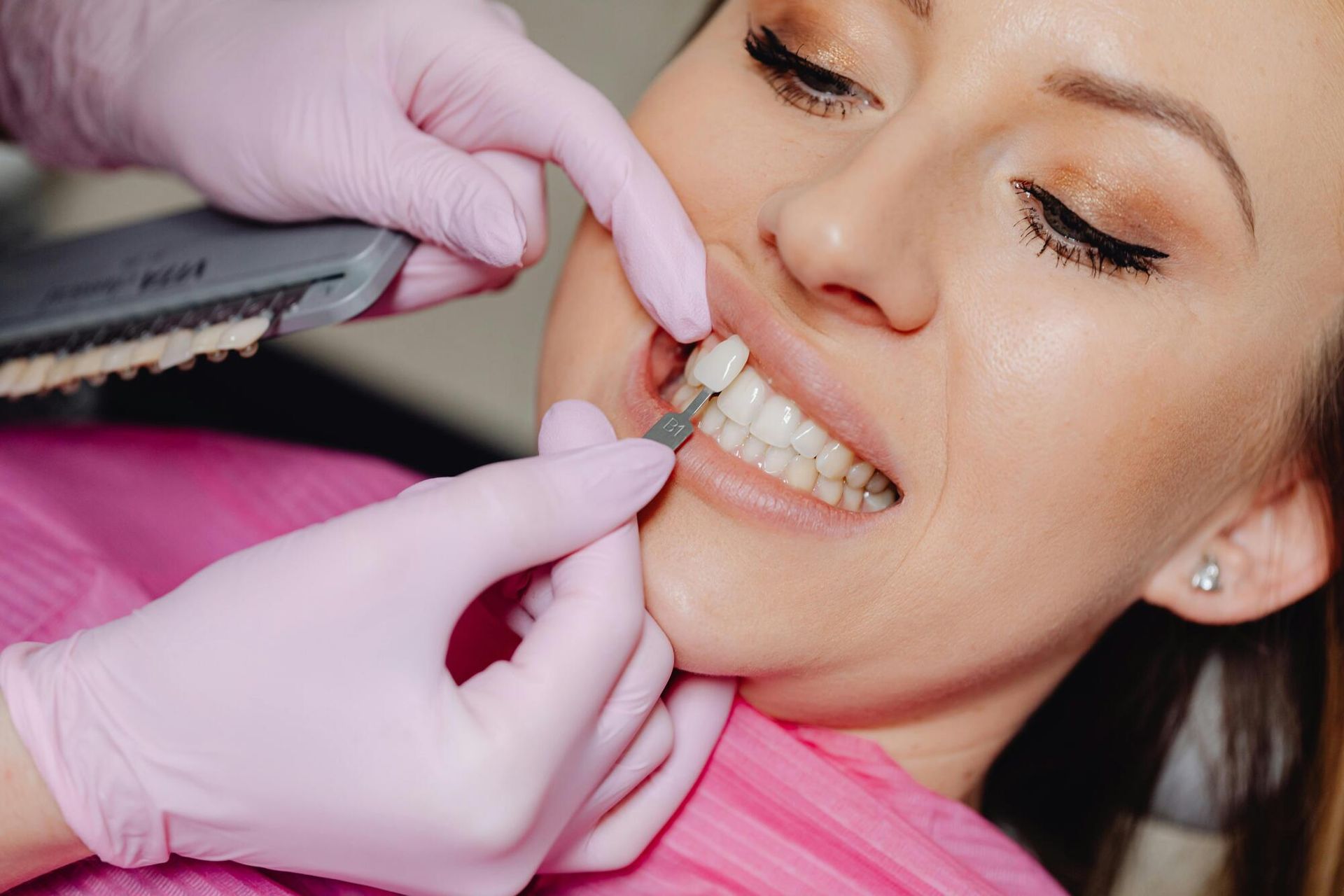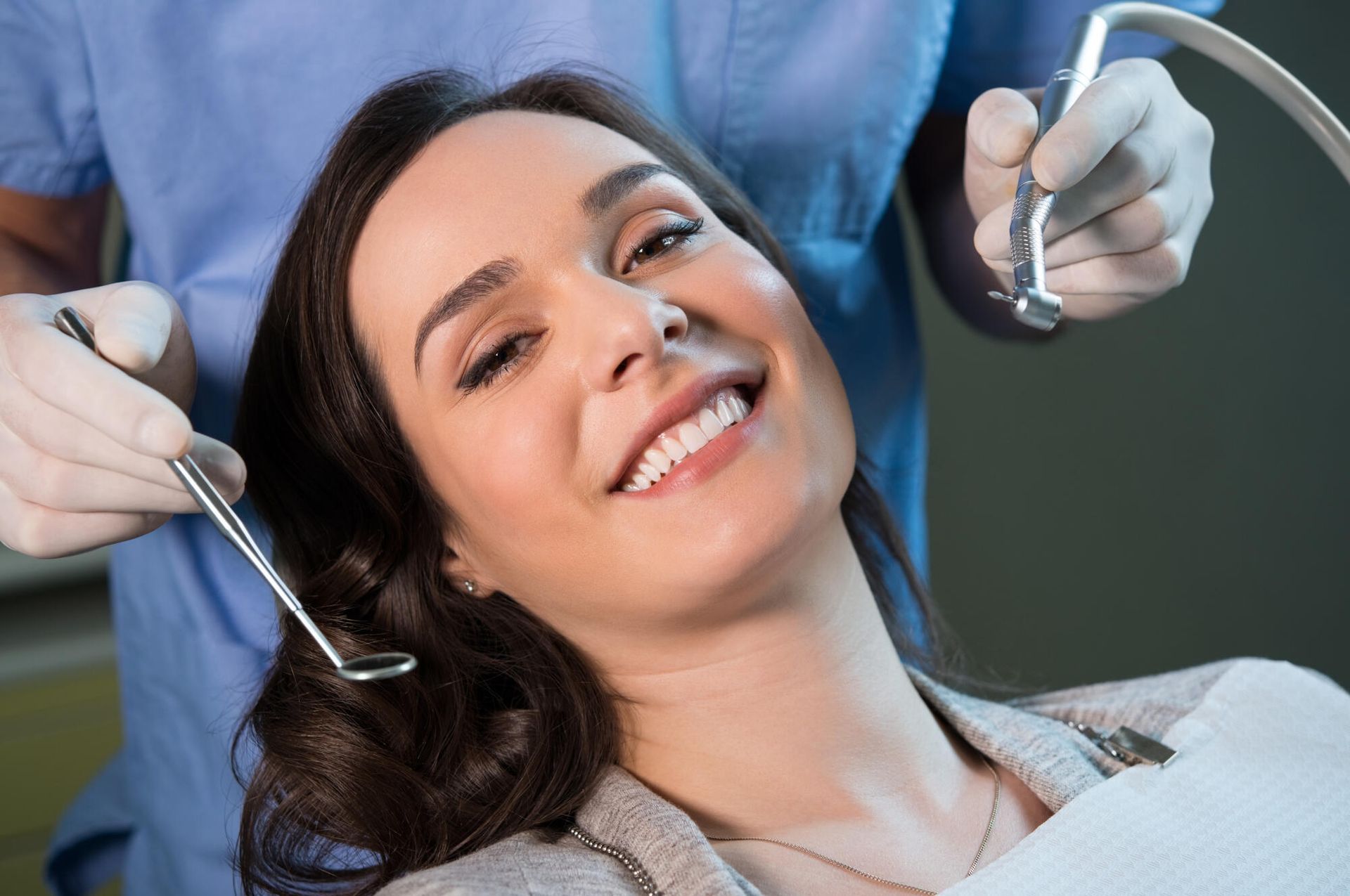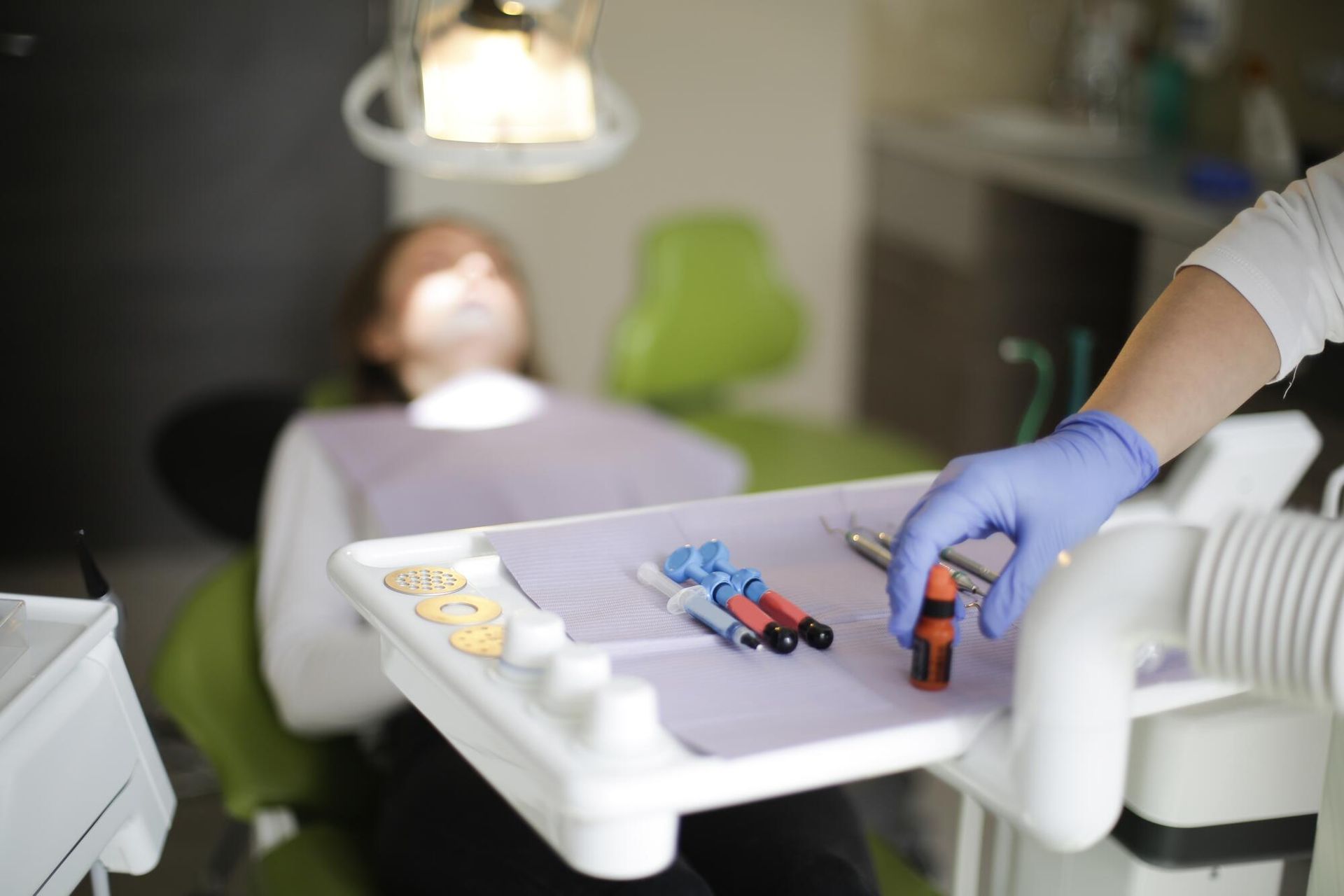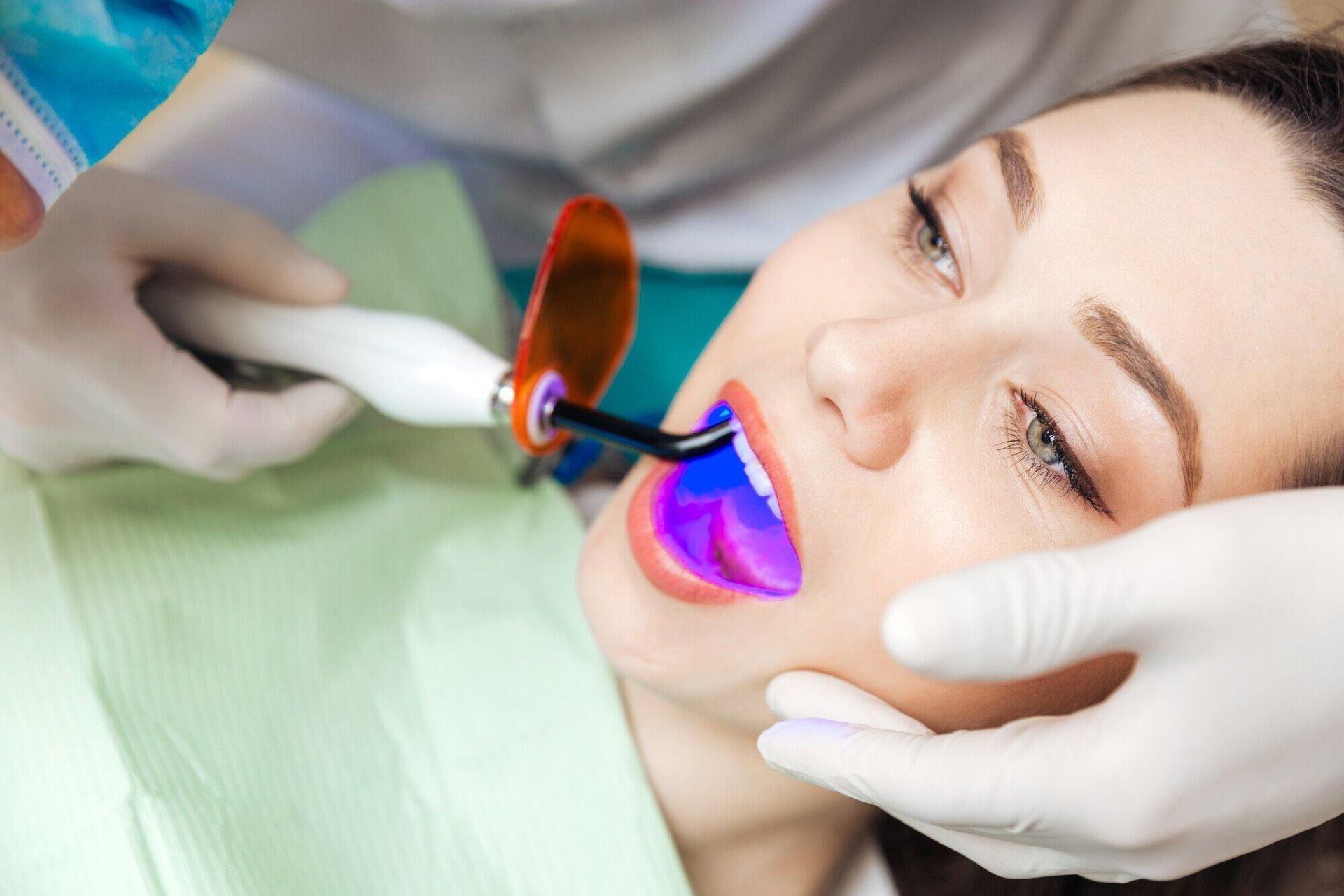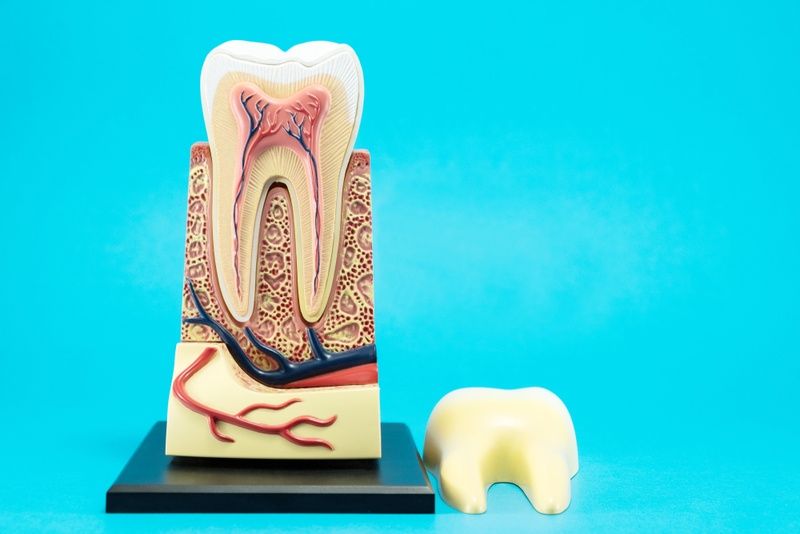Is Xerostomia Affecting Your Oral Health?
Oral health is often associated with daily habits like brushing, flossing, and routine dental check-ups. However, one critical factor often overlooked is saliva – the unsung hero of oral well-being. Xerostomia, also known as dry mouth, is a condition that disrupts the natural balance of saliva in your mouth, affecting not only your comfort but also your overall oral health. In this blog from La Jolla Dental Image, we’ll explore the world of xerostomia, its causes, symptoms, and how you can effectively manage it for a radiant smile.
How Saliva Keeps You Healthy
Before we dive into xerostomia, let’s understand why saliva is vital for oral health. Saliva isn’t just a watery substance; it’s a dynamic fluid with several essential functions:
- Digestion: Saliva contains enzymes that help break down food, aiding in digestion and making it easier to swallow.
- Oral Hygiene: It rinses away food particles and bacteria, preventing plaque buildup and tooth decay.
- Tissue Health: Saliva keeps mouth tissues moist, preventing dryness and discomfort.
- Antibacterial Protection: It contains antibodies that combat bacteria and infections.
What Is Xerostomia?
Xerostomia is a condition where your salivary glands don’t produce enough saliva, resulting in a persistently dry mouth. This deficiency in saliva can have far-reaching consequences for your oral health and overall well-being.
What Causes Xerostomia?
- Medications: Many prescription and over-the-counter drugs can lead to dry mouth as a side effect, including antihistamines, antidepressants, diuretics, and blood pressure medications.
- Medical Conditions: Certain medical conditions such as Sjögren’s syndrome, diabetes, HIV/AIDS, and Parkinson’s disease can decrease saliva production.
- Radiation Therapy: Individuals undergoing radiation therapy for head and neck cancers may experience damage to their salivary glands, resulting in dry mouth.
- Nerve Damage: Head or neck injuries and specific surgical procedures can harm the nerves responsible for stimulating saliva production.
- Dehydration: Inadequate fluid intake can lead to temporary dry mouth.
What Are Symptoms Of Xerostomia?
Xerostomia can manifest in various ways, and its symptoms may range from mild to severe. Recognizing the signs early is crucial for effective management. Common symptoms include persistent dryness of the mouth and difficulty swallowing and speaking. Other symptoms can include sore throat and cracked lips. Xerostomia also increases the risk of dental problems such as cavities, gum disease, and bad breath.
Xerostomia Can Be Managed
Although xerostomia can be bothersome, there are effective strategies to maintain oral comfort and a radiant smile.
- Remember To Stay Hydrated: Ensure you drink enough water throughout the day to maintain moisture in your mouth.
- Reduce Potential Irritants: Tobacco use and drinking alcohol or caffeine can potentially worsen dry mouth.
- Keep Up Your Oral Hygiene: Brush and floss regularly to reduce the risk of dental issues. Consider using fluoride toothpaste and mouthwash to strengthen tooth enamel. Don’t forget to make regular dental appointments every 6 months to detect and address oral health issues early.
- Xerostomia May Be A Side Effect Of Prescription Medications: In some cases, your healthcare provider may adjust your medications or prescribe drugs that stimulate saliva production.
- Enjoy Sugar-Free Gum and Candy: Chewing sugar-free gum or sucking on sugar-free candy can help stimulate saliva flow.
- Consider A Humidifier: Using a humidifier in your bedroom can add moisture to the air, reducing nighttime dryness.
Xerostomia, or dry mouth, can affect anyone but is particularly common among older adults due to medication use and other factors. While it can be uncomfortable and potentially lead to oral health problems, understanding its causes and symptoms empowers you to take control of your oral well-being. If symptoms persist, your dentist may recommend artificial saliva substitutes or mouth rinses to alleviate dryness.
By staying hydrated, practicing good oral hygiene, and seeking professional guidance from your dentist or healthcare provider, you can effectively manage xerostomia and maintain a healthy, radiant smile. Don’t let dry mouth dampen your dental health – take proactive steps to keep your mouth comfortable and your smile bright. If you have any concerns or experience persistent dry mouth, reach out to your dental practice for expert guidance and support. Remember, a healthy smile starts with a well-moistened mouth!
La Jolla Dental Image Is Your Cosmetic And Restorative Expert
Since 2006, our dentist and La Jolla Dental Image team have provided quality, individualized dental care to help you achieve a healthier and more beautiful smile. We offer a full range of cosmetic and restorative dental services, so do not hesitate to give us a call if you wonder if you could benefit from either type of treatment.
La Jolla Dental Image is also proud to offer general and family dentistry services. To keep your dental and oral health in top condition, it is important to visit your dentist twice a year for regular cleanings and check-ups. If you are experiencing a toothache, have symptoms of dental erosion, or would like to improve your smile with general, restorative, emergency, or cosmetic dental treatments, La Jolla Dental Image in La Jolla, CA is here to help with the latest technology, innovations, and procedures. To make an appointment with Dr. Wali Hamidy, please call (858) 202-0481.



